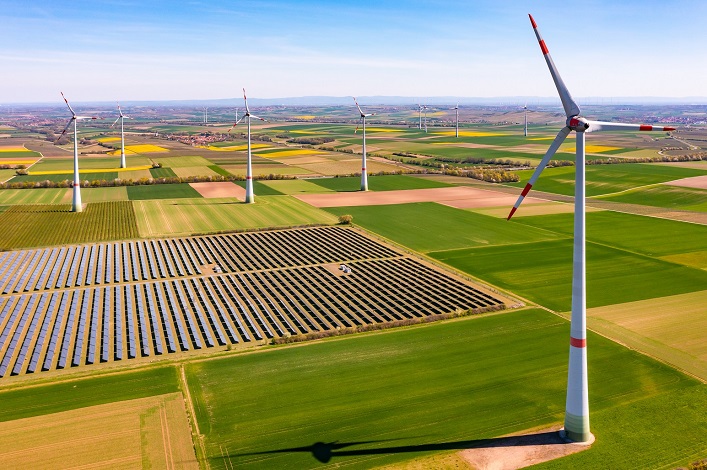The EU plans to cut energy imports by €45B by the end of the year.


The European Commission is set to present a plan to support European industry, which is struggling with weak demand, cheap imports and higher energy costs than in the US and China.
The initiative includes proposals to hasten the granting of permits for renewable energy projects, and modifying how energy tariffs are set, as well as increasing state aid for clean industries and more flexible electricity generation. Together, these measures could reduce the EU’s imported oil and gas costs by €45B by the end of 2025 and help achieve annual savings of €130B by 2030. Most of the savings will come from faster renewable energy development and increased energy efficiency.
EU spending on fossil fuel imports fell to €163B in 2020 during the pandemic before peaking at €604B in 2022 after Russia cut gas supplies and gas prices soared. Last year, the EU imported €21.9B worth of oil and gas from Russia, which helped the aggressor to fuel its war against Ukraine.







